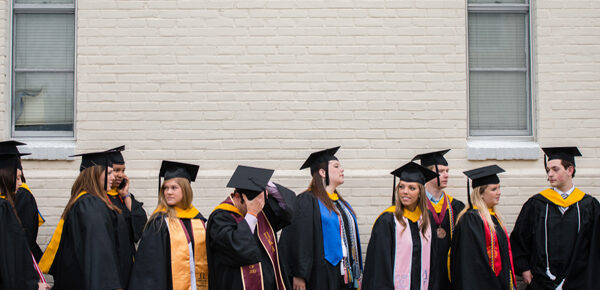Admissions Lotteries Can Contribute to Inequity and Challenges for Students of Color, Low-Income Students, and Men
Title: Admissions Lotteries at Selective Colleges Might Dramatically Reduce the Enrollment of Students of Color, Low-Income Students, and Men
Authors: Dominique J. Baker and Michael N. Bastedo
Source: American Educational Research Association (AERA)
Numerous scholars and groups have proposed solutions to the challenges facing elite college admissions processes. Test preparation services, legacy admissions, and other preferences from the institutional level often benefit those students who are already privileged, leaving those from underrepresented groups and financial backgrounds. In a newly published article, Baker and Bastedo (2021) refer to admissions lotteries as a program many observers term a “silver bullet” (p. 1) to solve these issues. However, according to their analysis, lotteries with minimum thresholds for grade-point averages (GPAs) and standardized test scores do not lead to increased access and more equitable outcomes.
To understand the hypothetical effect of admissions lotteries on student enrollment patterns by race, gender, and income, Baker and Bastedo (2021) use robust simulation methods to test the idea of admissions lotteries producing equity. Two main analyses were conducted: (1) comparing enrollees to lottery-eligible pools of students; and (2) simulating yearly random draws from the lottery. Data limitations prevented including lotteries by race or including college entrance exams. Baker and Bastedo (2021) found “dramatic and negative potential effects of admissions lotteries on the participation of students of color, low-income students, and men” (p. 7). Even with the limitations of the available data, the authors report that minimum thresholds for GPA and standardized tests (both together and separately) could reduce students of color and low-income students to below two percent of the enrolled class. In addition, by GPA threshold alone, a lottery could reduce the proportion of men by as much as one-third.
Baker and Bastedo (2021) acknowledge the traction that admissions lotteries have gained in conversations of equity, access, and enrollment across elite college admissions. However, their report challenges the idea that admissions lotteries would create the access and opportunity their advocates claim. The authors offer several additional considerations, including the impact of a lottery on campus housing, financial aid distribution, and potential legal implications related to the perception of racial quotas.
As higher education continues to debate how to achieve equity and access in elite college admissions, this study highlights the importance of continued analysis on admissions practices and proposals in order to understand impact across student demographic and racial groups.
To read the full article, please click here.
—Ben Cecil
If you have any questions or comments about this blog post, please contact us.


